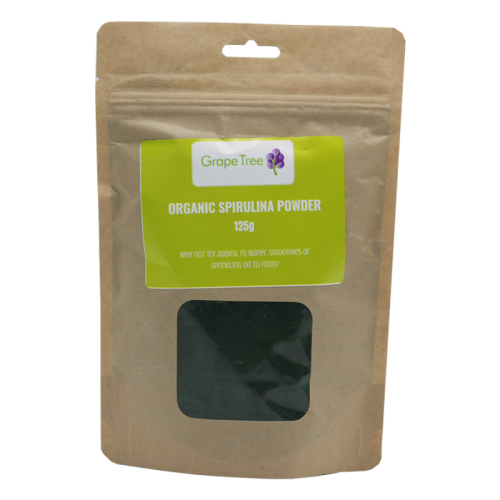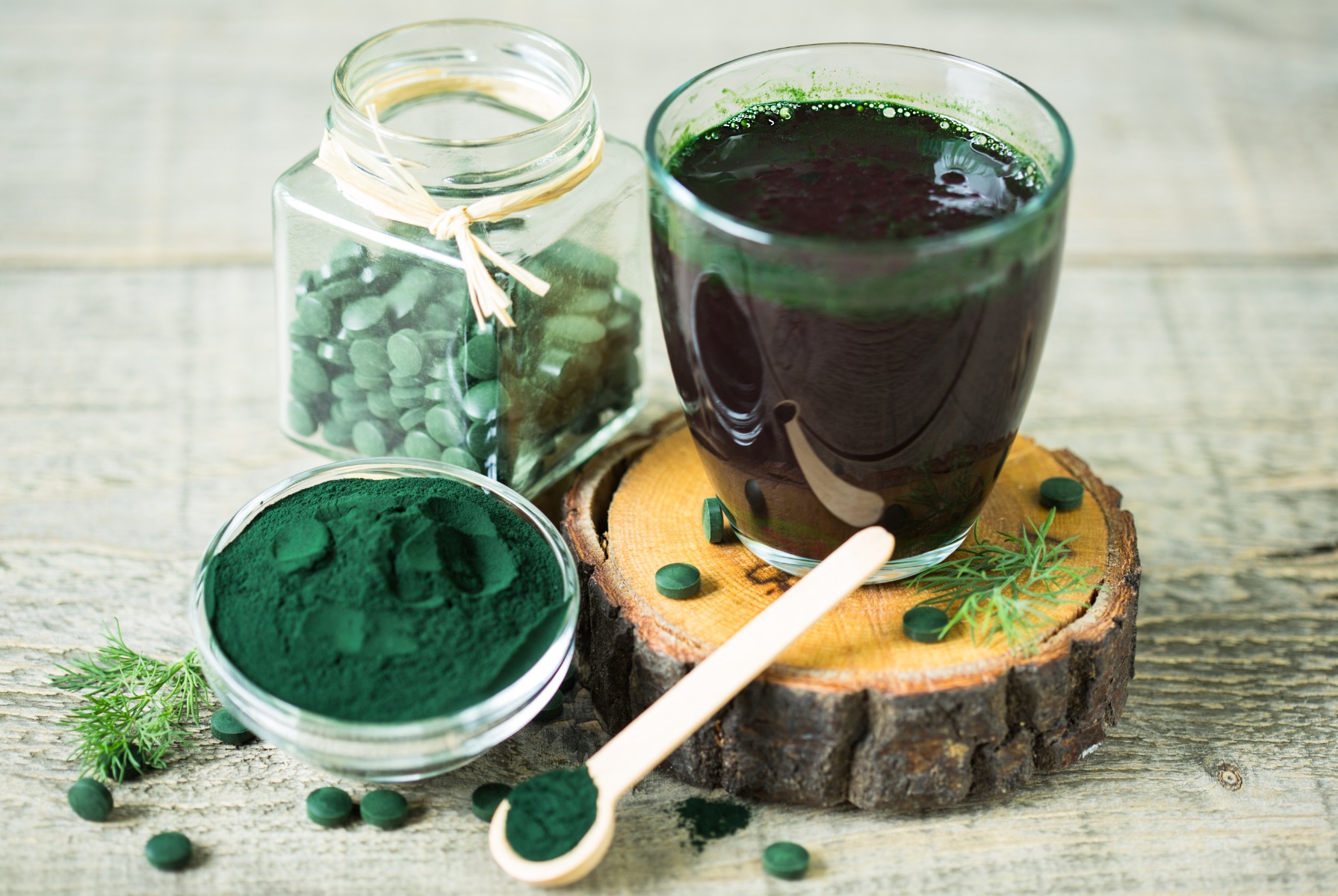

Photo Credit: "© [pilipphoto] / Adobe Stock
You may have heard about spirulina, but do you know what it does and how it truly affects you? In this article, we’re diving into the superfood algae, what it does for the body, and the best spirulina powder.
What is spirulina?
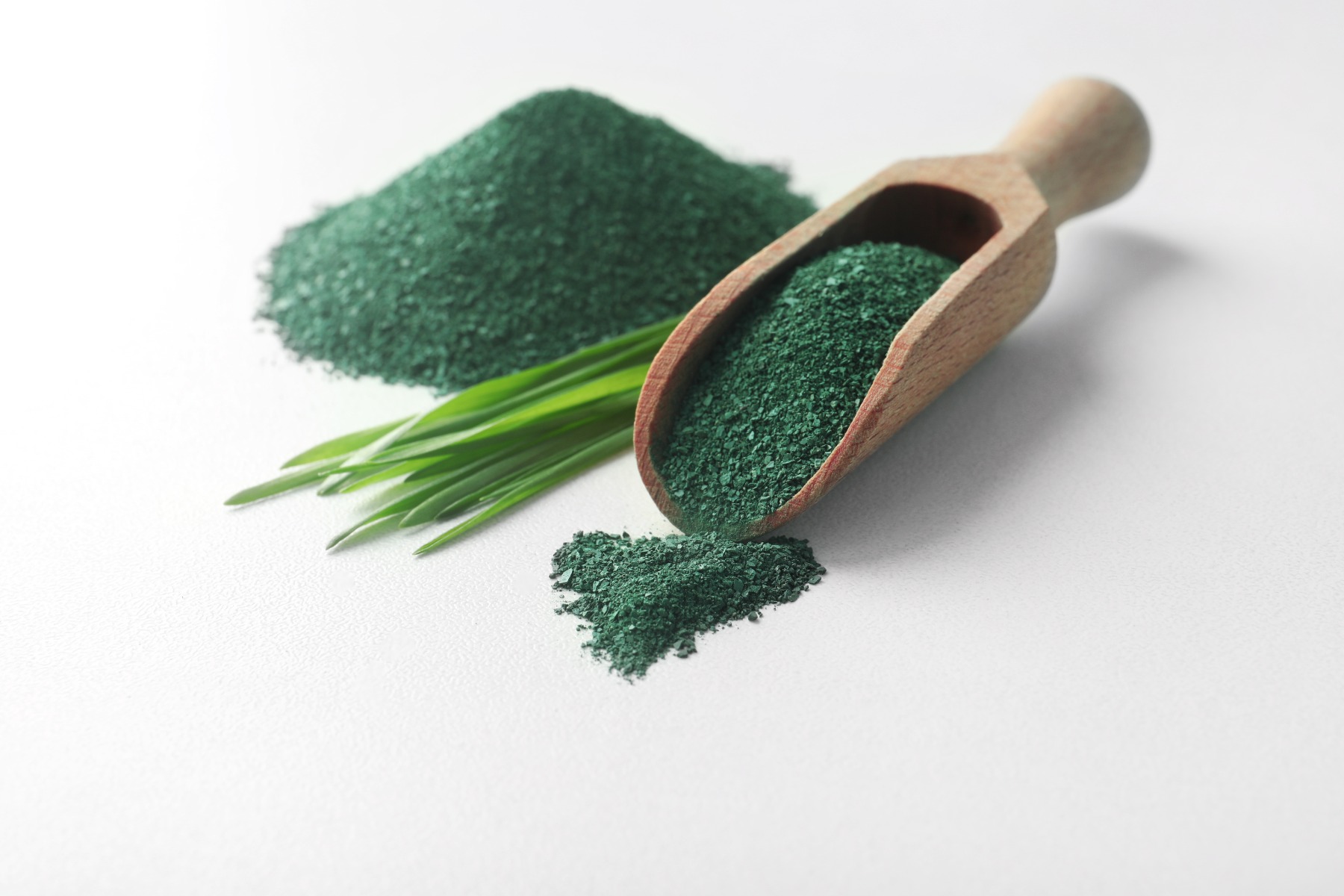

Photo Credit: "© [New Africa] / Adobe Stock
Spirulina is a microalgae that grows in Africa, Mexico, and Asia. However, fresh spirulina can also be cultivated in artificial ponds. Spirulina algae have a blue-green hue when dried and crushed and give shakes and smoothies a blue-black colour. You can get spirulina tablets and organic spirulina powder.
What’s the difference between blue spirulina and green spirulina?
There isn’t much difference between blue spirulina and green spirulina. Blue spirulina is extracted mainly for the pigment, whereas green spirulina contains its full spectrum of nutrients. Therefore, green spirulina has slightly higher nutritional and medicinal value, but both types are exceedingly good for you.
What’s the difference between spirulina and chlorella?
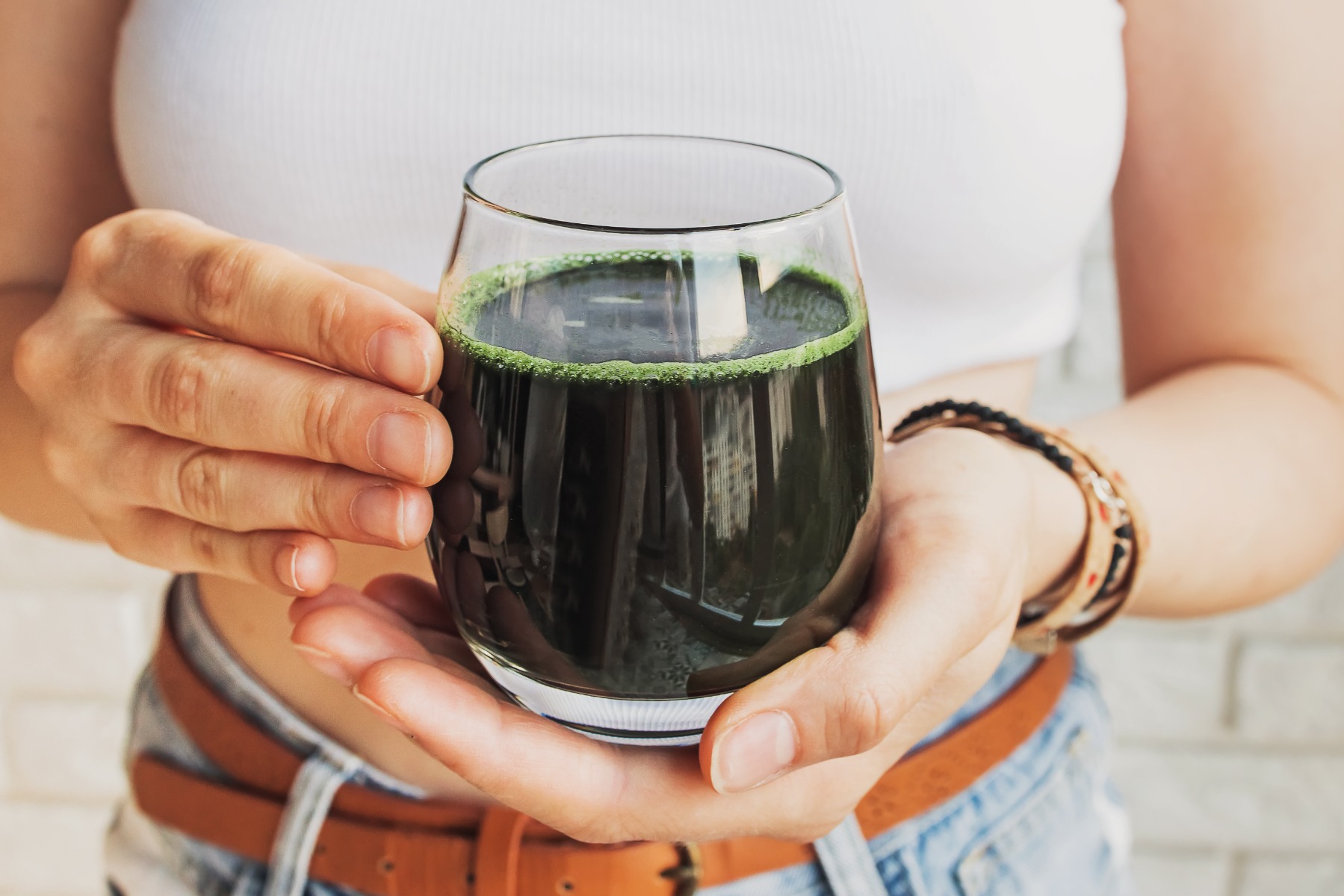

Photo Credit: "© [Diana Vyshniakova] / Adobe Stock
Spirulina and chlorella are both algae, however, they vary slightly in nutrient amounts. For example, chlorella has more vitamin A, zinc, iron, magnesium, and omega-3. Whereas spirulina has more concentrated protein.
What’s so great about spirulina?


Photo Credit: "© [Abanop] / Adobe Stock
So, why exactly is spirulina referred to as ‘the food of the future’? The unsuspecting algae is known as a full-spectrum food, meaning it has a complete nutritional profile. Usually, you have to eat a range of foods to get the proteins, omega fats, vitamins, minerals, and amino acids for a healthy body. However, spirulina has them all.
The super-algae is so powerful that NASA has given spirulina to astronauts to supplement their diets. In fact, 1kg of spirulina has the same nutritional value as 1,000kg of mixed fruit and vegetables. Although you can’t eat 1kg of spirulina powder (it certainly doesn’t taste like apples or crunchy carrots), it does highlight the benefits in small doses.
What does spirulina do for the body?
Organic spirulina powder is highly beneficial to the human body for several incredible reasons.
Spirulina is a fantastic source of protein


Photo Credit: "© [Drazen] / Adobe Stock
To kick off, spirulina is a great source of plant-based protein. Our Organic Spirulina Powder contains 66 grams of protein per 100 grams, so even a teaspoon will help towards your daily protein intake. You can use it as a spirulina protein powder by adding it to shakes and smoothies along with a range of other protein powders.
Spirulina in skin care


Photo Credit: "© [tynza] / Adobe Stock
A 2022 paper on spirulina and dermatology found that spirulina's antioxidant, anti-inflammatory, and antibacterial properties can reduce acne and produce a brightening effect. It also contributes towards collagen production in the fibroblasts. This helps to restore and maintain skin elasticity, promoting anti-ageing and fighting cellular damage caused by UV rays.
Spirulina supports weight regulation


Photo Credit: "© [maxbelchenko] / Adobe Stock
Spirulina powder contains an amino acid called phenylalanine, which reduces hunger pangs. This can lead to decreased appetite, lower food consumption, and, therefore, reduced weight.
A 2017 review of five spirulina and weight loss studies found that spirulina supplements led to significant fat reduction in overweight participants. The lowered body fat percentage was noted specifically around the waistline. Therefore, spirulina may be an effective treatment for regulating body fat for weight loss.
Spirulina for cancer prevention
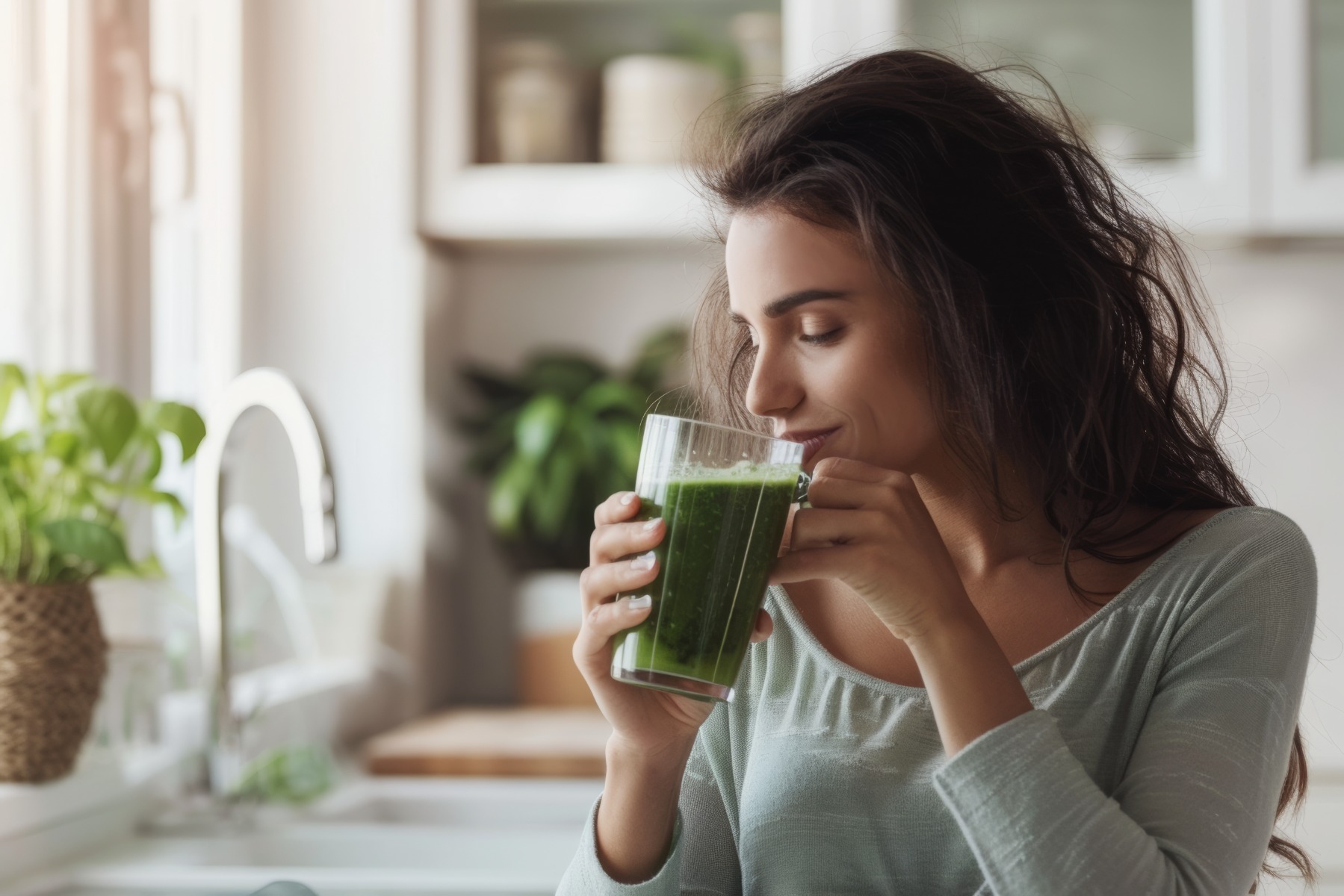

Photo Credit: "© [Dina] / Adobe Stock
Spirulina has been found to have cancer-fighting properties and can successfully decrease cancerous cells.
A 2021 study shares that the antioxidant effect of the algae had a incredible impact on preventing the progression of lung cancer by reducing tumour growth. It also put 45% of patients with oral leukoplakia into complete remission with 1g of spirulina daily for 12 months. If that wasn’t enough, a 2014 study discovered that spirulina algae can reduce pancreatic cancer cell growth
Spirulina enhances athletic performance
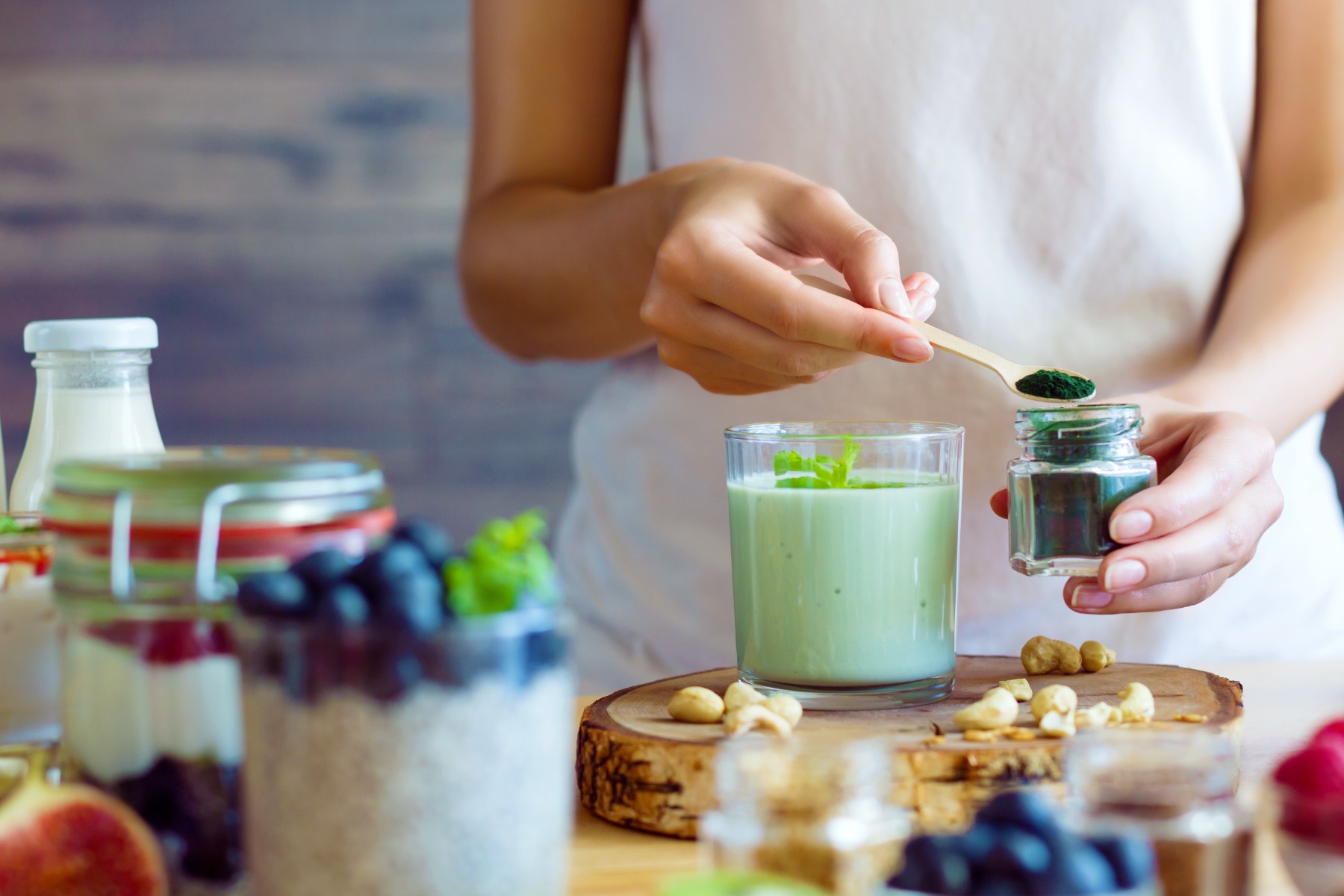

Photo Credit: "© [Monstar Studio] / Adobe Stock
Spirulina studies have found that the powdered algae is beneficial for improving athletic performance. So much so that Olympic athletes take spirulina powder supplements to superboost their strength and endurance. But it’s not just for Olympians.
A 2023 review reports that spirulina improves the aerobic fitness of untrained and moderately trained participants. It may also enhance strength and power and has been shown to speed up muscle recovery and reduce inflammation.
Spirulina for anaemia
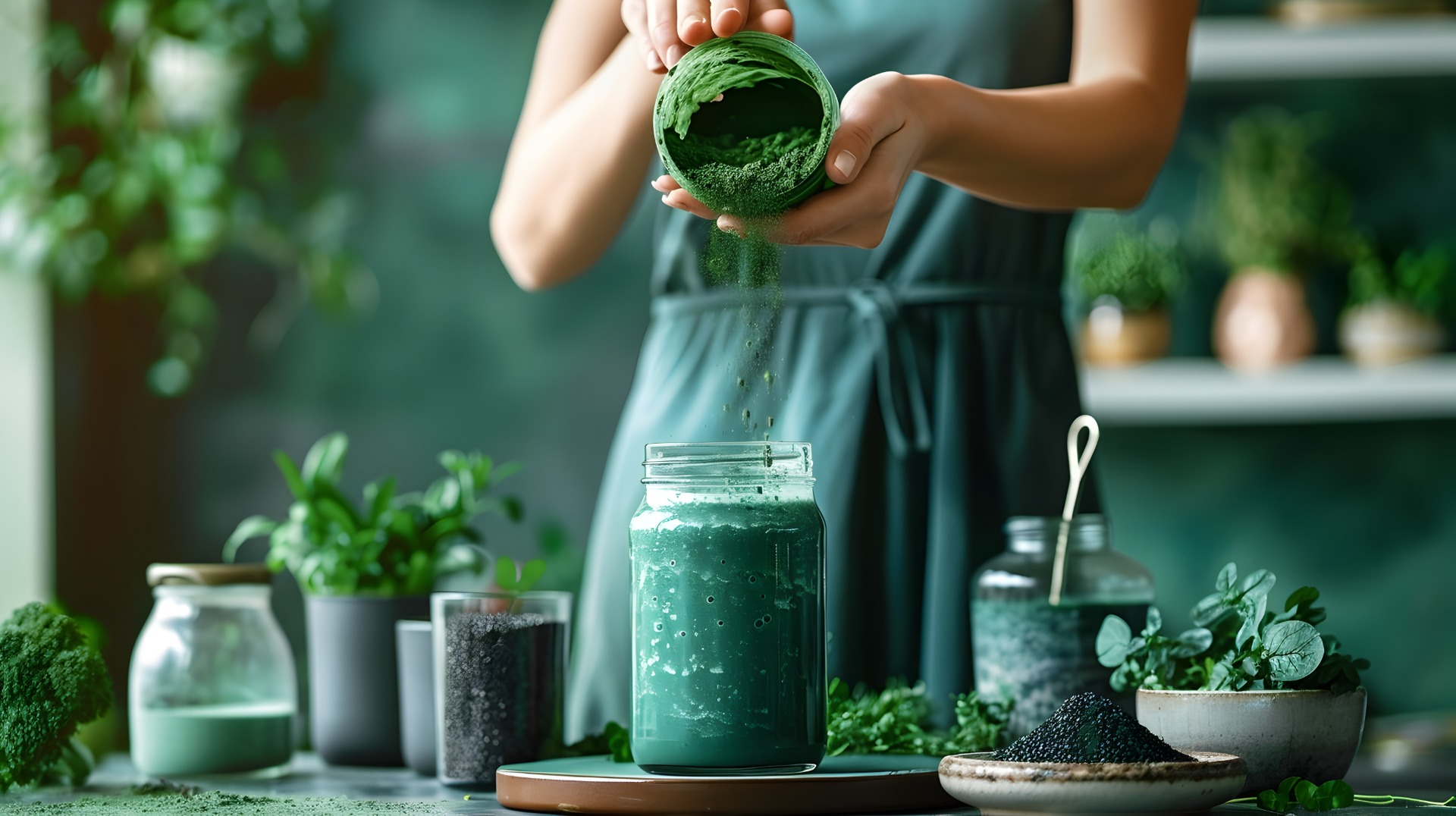

Photo Credit: "© [vanilnilnilla] / Adobe Stock
Anaemia is when you have a low red blood cell count. Because red blood cells carry haemoglobin (oxygen), a lack of the cells can cause fatigue, lethargy, and brain fog. It’s particularly common in young women and during pregnancy.
The results from a 2023 study found that 1g per day of spirulina supplementation for 8 weeks reduced anaemia. Another paper researched anaemia in pregnancy and concluded that spirulina significantly improved haemoglobin levels and was a more successful treatment than a regular iron supplement.
Spirulina can lower cholesterol
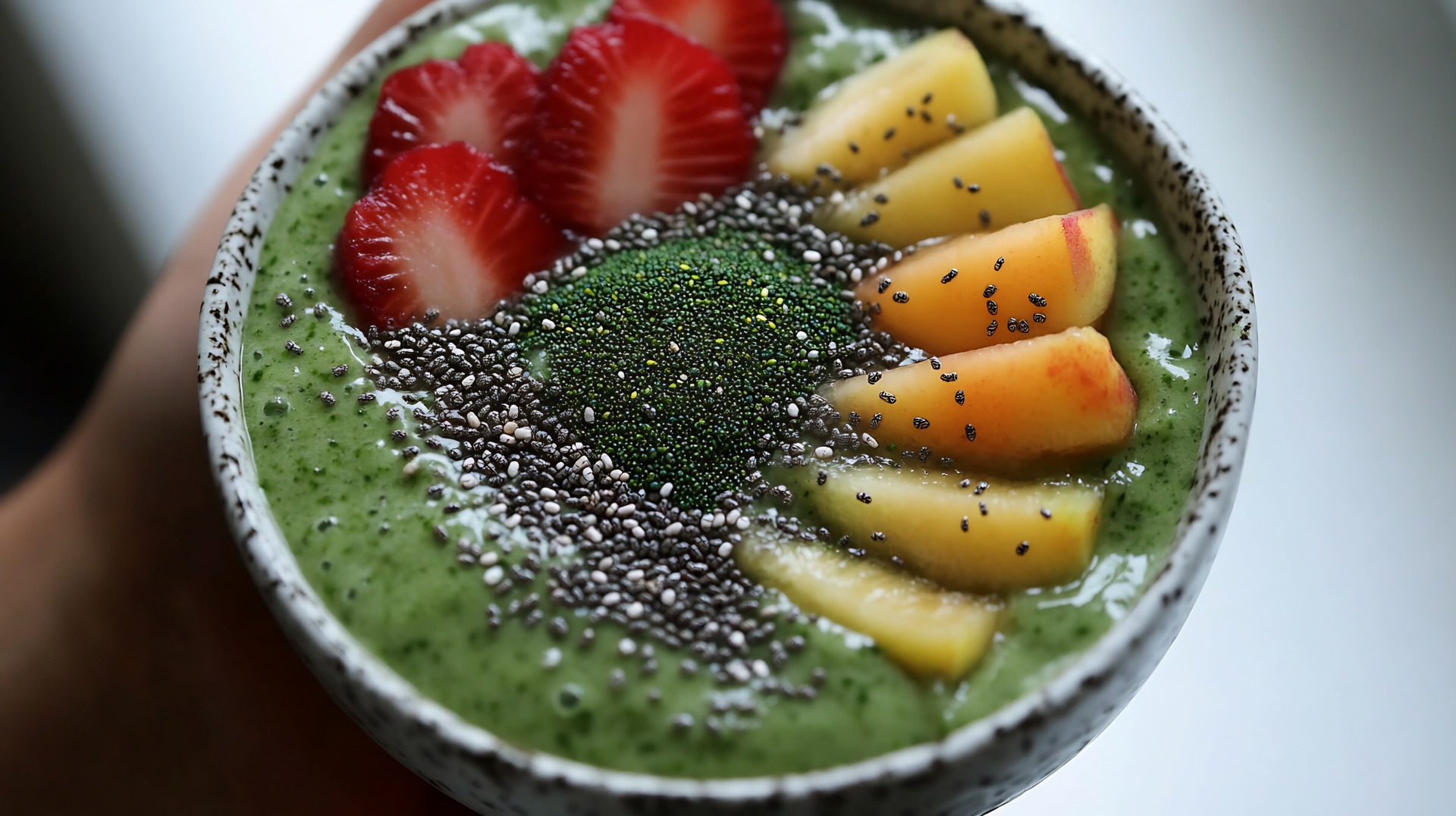

Photo Credit: "© [Premium Resource] / Adobe Stock
High cholesterol levels are a build-up of low-density lipoprotein (LDL). The fatty lipids cling to artery walls, narrowing the pathway for blood circulation. Eventually, they can cause blockages and trigger a heart attack. High cholesterol typically comes from red meat, high-sugar foods, alcohol, a lack of exercise, and smoking.
A 2008 study randomly assigned 8g per day of spirulina to participants for 12 weeks. The results show reduced triglycerides (fatty acids) and LDL, improving their cholesterol levels. A second 2008 trial found that 1-2 grams of spirulina for 2 months helped balance cholesterol and could also be an effective treatment for type 2 diabetes.
What else can spirulina do?
- Support the immune system
- Provide antioxidants
- Minimise inflammation
- Reduce pre-menstrual syndrome (PMS)
- Help type 2 diabetes
Get the best spirulina supplement
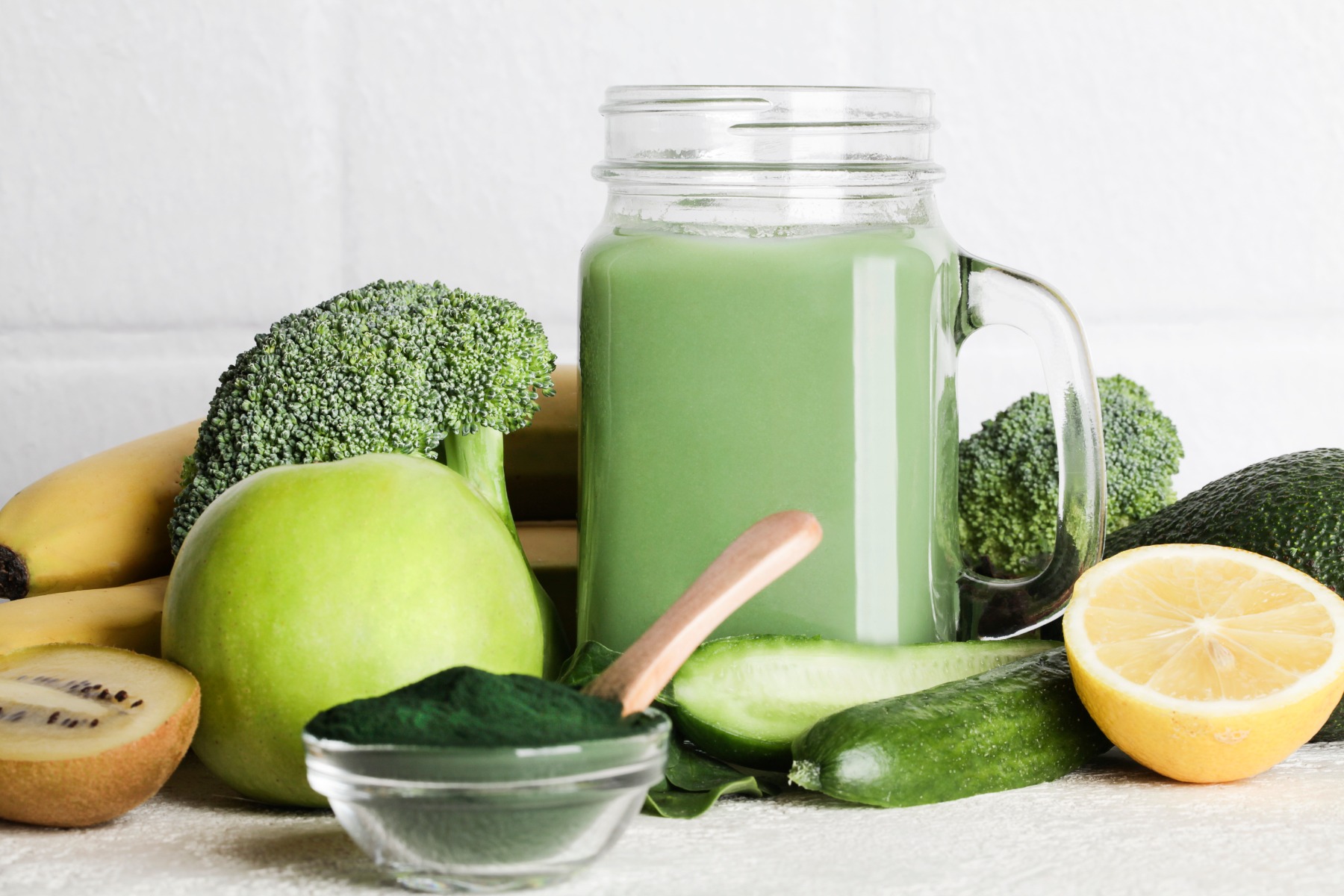

Photo Credit: "© [???? ??????????] / Adobe Stock
The best spirulina powder supplement should be organic and bursting with the full spectrum of amino acids, vitamins, and minerals you need to thrive. Our Organic Spirulina Powder does just that, with 66 grams of protein per 100 grams and almost 9 grams of fibre. Sprinkle it over meals, mix it into smoothies, or whiz it into shakes to instantly boost your well-being.
Try our Organic Spirulina Powder today.
Read more:
- What does maca powder do for you?
- Five Reasons To Choose Walnuts
- 10 Top Benefits Of Organic Red Lentils
